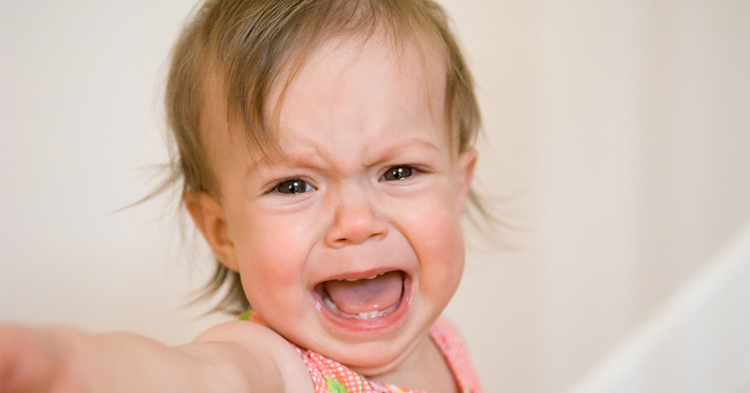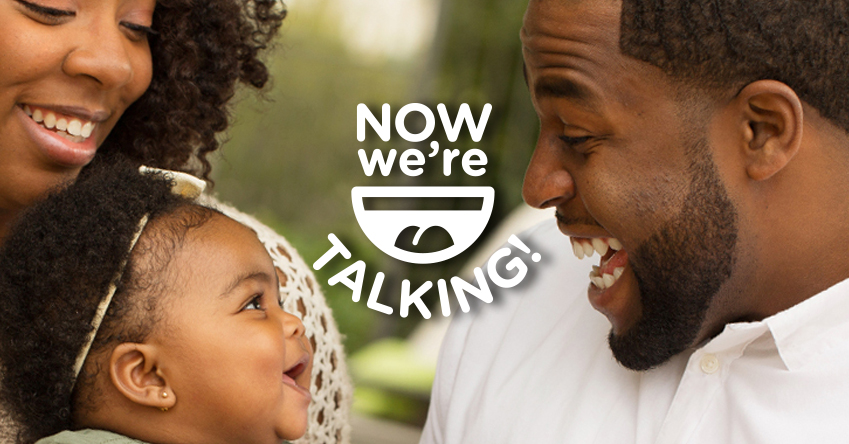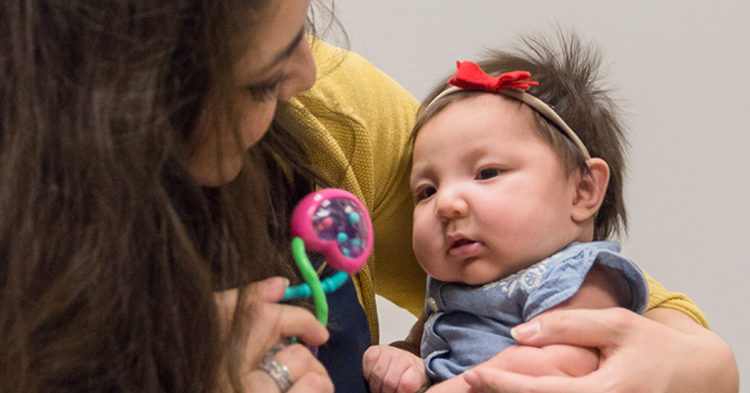Between ages 2 and 3, your toddler is able to do many new things. She runs and jumps. She talks in phrases and has conversations with you. She may also break into tears or have tantrums. She is testing her limits—and yours. She still needs your guidance to learn self-control. And she needs your help to understand what others need.
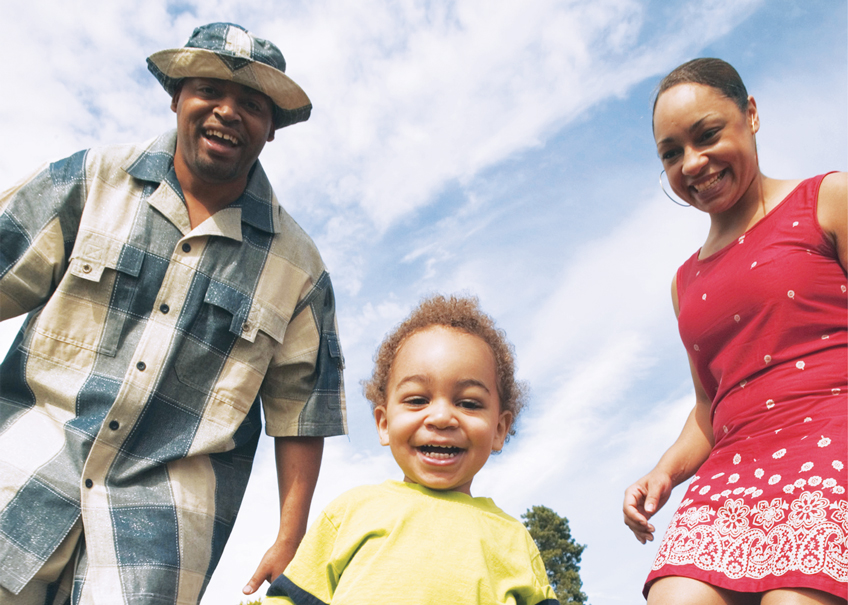
Your Toddler Talks to You
- Your toddler uses 2- and 3-word sentences.
- He follows 2-step directions, like “Get the ball and put it on the table.”
- At 2 years, people can understand his speech some of the time. At 3 years, people can understand him most of the time.
Children Develop Differently
Each child develops and learns at his own pace. Try not to compare your child with other children. But trust your instincts. Talk to your doctor if you think there may be a problem, or if your child loses skills she once had. Or contact the Arizona Early Intervention Program.
THINGS YOU CAN DO
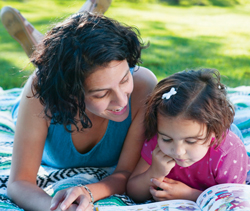 Help Your Toddler Learn
Help Your Toddler Learn
- Make sure your toddler gets to play with other children.
- Tell stories together. Keep talking, reading and singing to your child.
- Explain in simple words how things work.
- Ask questions that require more than “yes” or “no” answers.
- Let your toddler work through problems before you offer help. Then give only the help she needs to safely continue on her own.
- To learn more about early learning, visit Zero to Three.
Read to Your Child
- Ask a librarian or a bookstore clerk to help you and your child choose books.
- Read your child’s favorite books with her again and again.
- Act out stories, with a voice for each character.
- Ask questions like “Where’s the kitty?” or “What does the dog say?”
- Sing or read nursery rhymes and other poems.
Play with Your Child
- Toss or roll a soft ball.
- Fit plastic bowls into each other.
- Put things in egg cartons.
- Fit lids onto plastic containers.
- Make homemade play dough by mixing cornmeal, water and food coloring in a big bowl.
Take Care of Your Toddler’s Teeth
- Help your toddler brush her teeth twice a day. Use a soft, child’s toothbrush and a pea-sized amount of fluoride toothpaste.
- For more on dental care, see the Oral Health page in this guide.
The First Things First Parent Kit was developed in partnership with Health Research for Action/UC Berkeley. © 2018 The Regents of the University of California. Additional video, graphic and other content © 2018 First Things First. All rights reserved.


